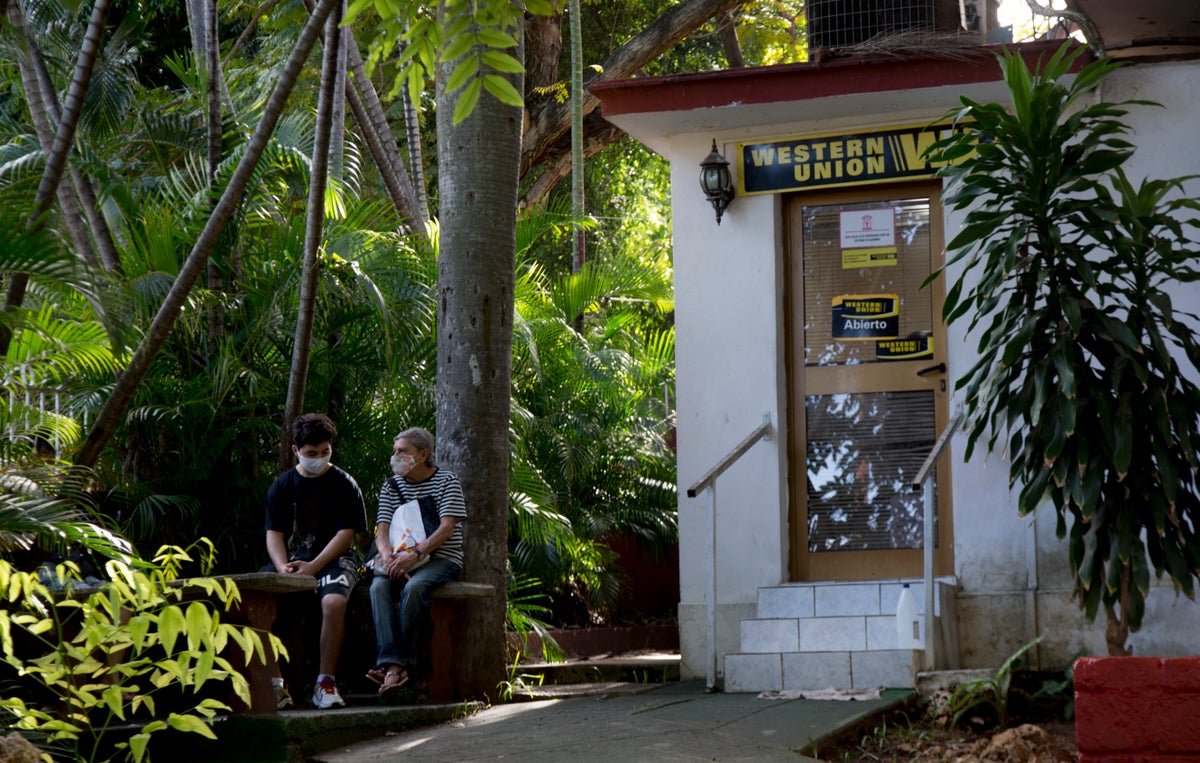
Western Union said Wednesday it has resumed remittance services between the U.S. and Cuba in a limited capacity after two years of the essential economic lifeline being severed.
The company stopped the money transfers in 2020 after then President Donald Trump tightened long-standing U.S. on Cuba. The Biden administration has loosed a handful of the Trump-era restrictions, including remittance payments, but has still left many in place.
“The close connection between our U.S. customers and their families living in Cuba, together with the role our services play in helping create better lives, are inextricably linked,” said Gabriella Fitzgerald, president of Western Union North America. “We are delighted to offer this critical connection once again for our customers.”
The test phase is being rolled out in select locations in Miami, and transfers can be sent to three government-operated banks in Cuba — Banco Popular de Ahorro, Banco Metropolitano SA and Banco de Credito y Comercio.
Western Union said payments cannot be sent online, a widely used alternative, and money can only be transferred in dollars. Payments are also limited to $2,000 a day, and money must be picked up with a Cuban ID card, Fitzgerald said in a news release.
The reopening of remittance payments could offer Cuban families key economic support during a time of record economic crisis in the Caribbean nation, one of a number of factors fueling a migratory exodus from the island.
The migration has put political pressure on the Biden administration as a record number of Cubans arrive to the U.S. southern border, also prompting new dialogues with the Cuban government.
The suspension in remittance payments had added significant hurdles to the island’s economic recovery efforts following the pandemic.
Cubans abroad would often have to resort to creative techniques to get money to relatives on the island, such as sending money through bitcoin trading apps or lugging large amounts of cash on flights back home.







